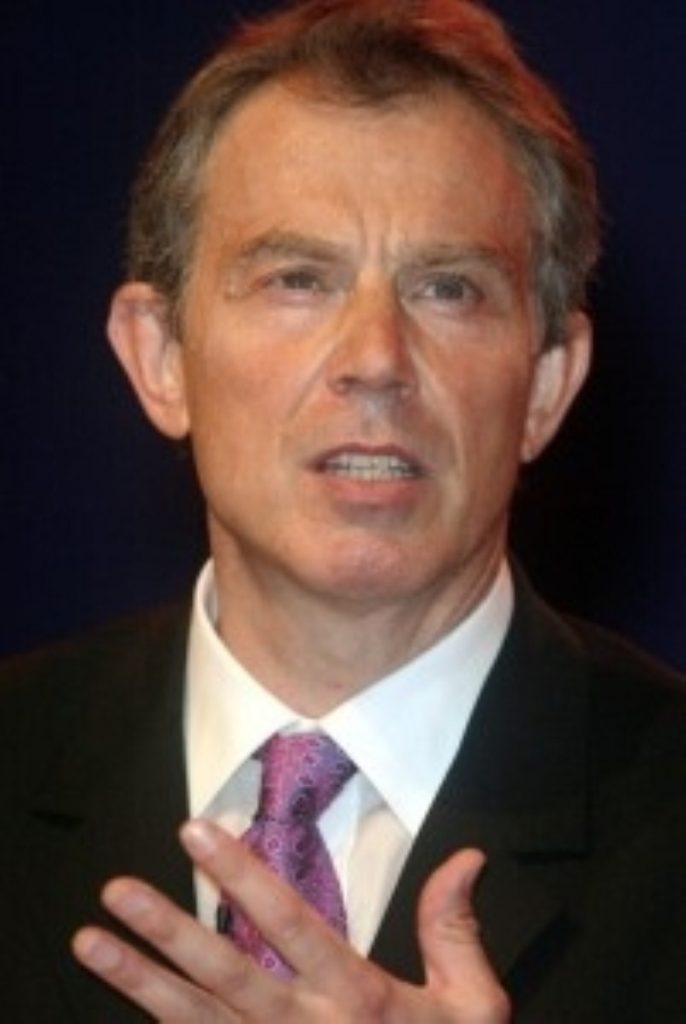Blair in robust defence of intervention abroad
The prime minister has given a robust defence of his policy of overseas military intervention and warned the public they must be prepared for a long campaign to ensure Britain’s security.
In a speech at a naval base in Plymouth, Tony Blair emphasised the need for Britain to continue to play a role in international military engagements and rejected the idea that the UK should stand aside on the world stage.
“There is a case for Britain in the early 21st century, with its imperial strength behind it, to slip quietly, even graciously into a different role,” he said, adding that to retreat in the face of the threat we face would be a “catastrophe”.
Although he admitted aspects of his foreign policy had been “controversial”, the prime minister was adamant the invasions of Iraq and Afghanistan had been justified.


And Mr Blair warned the war against terrorism was not over.
“We face something more akin to revolutionary Communism in its early and most militant phase. It is global. It has a narrative about the world and Islam’s place within it that has a reach into most Muslim societies and countries. Its adherents may be limited. Its sympathisers are not,” he said.
“On the part of the public, they need to be prepared for the long as well as the short campaign, to see our participation alongside allies in such conflict not as an atavistic, misguided attempt to recapture past glories, but as a necessary engagement in order for us to protect our security and advance our interests and values in the modern world,” he stated.
Claims British foreign policy had led to the suicide bombings in London were “ludicrous” and he said Muslims in both Iraq and Afghanistan stand “to gain enormously” from the removal of the previous regimes.
The public are “constantly bombarded by the propaganda of the enemy, often quite sympathetically treated by their own media, to the effect that it’s really all ‘our’, that is the West’s fault,” he said.
He described how the West was divided into two types of nations- “those who do war fighting and peacekeeping and those who have, effectively, except in the most exceptional circumstances, retreated to the peacekeeping alone”- but Britain should remain in the former group.
With regards to the US “the future danger is one of isolationism not adventurism” and it is vital the Anglo-American alliance is maintained, he emphasised.
British foreign policy must also champion “the causes of peace in the Middle East, action against poverty, or the struggle to halt the degradation of our environment”.
He ended his speech with a call for a public debate over the future of defence policy.
“The world has changed again. We must change with it. I have set out the choice I believe we should make,” he said.

